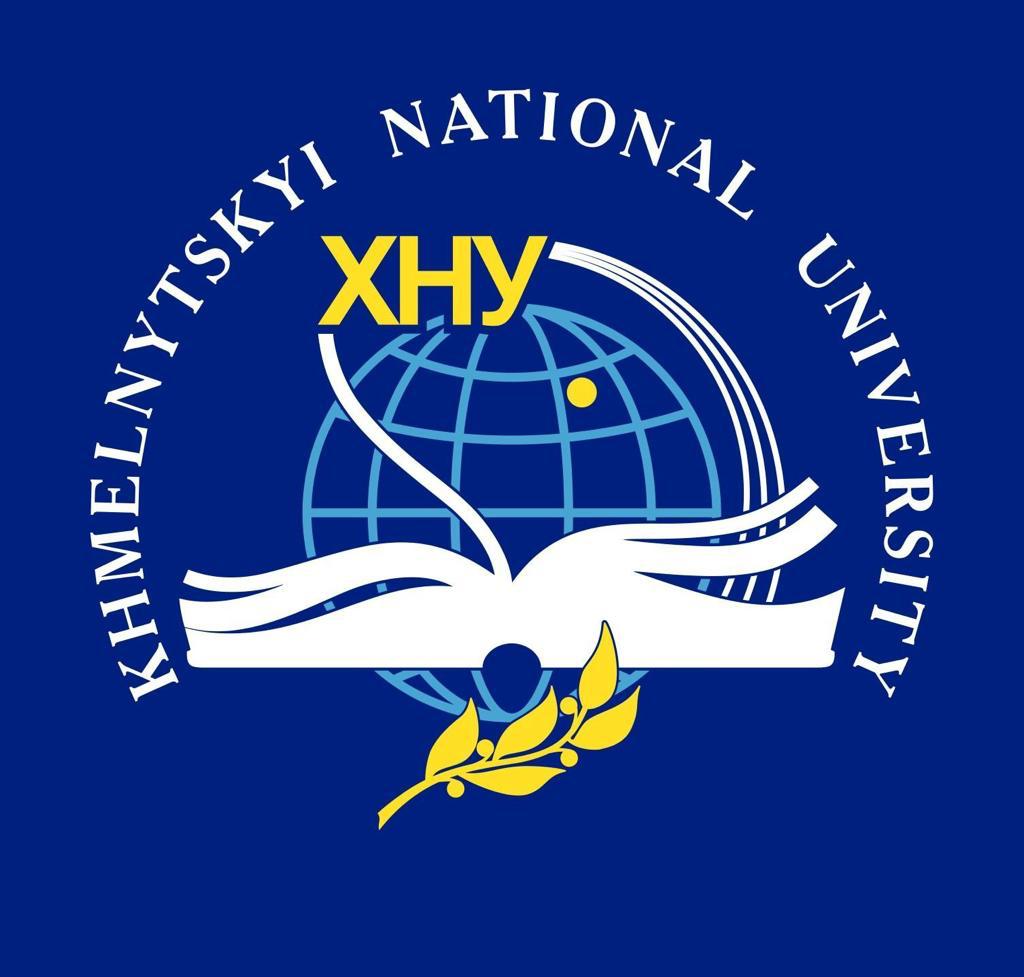FORMATION OF THE SUBJECT-METHODICAL COMPETENCE OF FUTURE TEACHERS OF PHYSICAL CULTURE IN THE CONDITIONS OF MODERN EDUCATION: THEORETICAL ASPECTS
DOI:
https://doi.org/10.31891/pcs.2024.1.33Keywords:
competence formation, future physical culture teachers, subject competence, methodological competence, modern education, theoretical aspects, pedagogical training, integration of knowledge, pedagogical innovations, pedagogical activityAbstract
The article is devoted to the analysis of theoretical aspects of the formation of subject-methodical competence among future teachers of physical culture in the context of the modern educational paradigm. The relevance of the research topic is determined by several key factors: firstly, the modern development of educational and sociocultural trends creates new requirements for the professional training of future teachers of physical education, the educational process becomes more integrated and oriented towards the development of competencies, which requires a wide range of knowledge and skills from future teachers; secondly, the growing interest in physical activity and a healthy lifestyle poses new tasks for specialists in the field of physical culture regarding the qualitative organization of the educational process, accordingly, the need for highly qualified teachers who possess modern methods and teaching technologies is constantly growing; thirdly, the study of the subject-methodical competence of future physical culture teachers opens up prospects for the introduction of innovations in the educational process, which contributes to the improvement of the quality of pedagogical training and education of the younger generation. The essence of the concepts "subject competence" and "methodical competence" is considered from the point of view of their importance for the professional activity of a physical culture teacher. The main approaches to the formation of these competencies are analyzed, including innovative methods and technologies of education. Emphasis is placed on the need to integrate theoretical knowledge with practical skills for the successful pedagogical activity of a physical culture teacher in modern conditions of education. The need for constant updating of teaching methods and the use of innovative approaches in the educational process for training teachers capable of meeting the requirements of modern society and education, as well as the importance of internship and practical training of future teachers of physical education in educational institutions, which allows them to gain practical experience and develop their professional skills, are considered. skills under the guidance of experienced mentors.
References
Hauriak O. D. Formuvannia profesiinoi kompetentnosti maibutnoho vchytelia fizychnoi kultury v umovakh pedahohichnoi praktyky. Kyiv, 2011. 205 s.
Konovalska, L. O. Formuvannia metodychnoi kompetentnosti maibutnikh uchyteliv fizychnoi kultury u protsesi vyvchennia profesiino oriientovanykh dystsyplin. (Avtoref. dys. kand. ped. nauk). Nats. ped. un-t imeni M.P. Drahomanova. Kyiv, 2011. 245 s.
Moseichuk Yu. Yu. Psykholoho-pedahohichni aspekty vdoskonalennia profesiinoi pidhotovky maibutnikh uchyteliv fizychnoi kultury u konteksti neperervnoi osvity. Zb. nauk. prats Khmelnytskoho instytutu sotsialnykh tekhnolohii Universytetu “Ukraina”. Khmelnytskyi : KhIST, 2017. № 13. S. 53-57.
Shyian, O., Afanasiev, D. Osoblyvosti formuvannia profesiinoi kompetentnosti vchyteliv fizychnoi kultury. V kn. V. M. Kostiukevych (Red.), Fizychna kultura, sport ta zdorovia natsii: zb. nauk. prats (Vyp. 4, s. 307-311). Vinnytsia, 2017. 142 s.
Yahupov V., Svystun V. Kompetentnisnyi pidkhid do pidhotovky fakhivtsiv u systemi vyshchoi osvity. Naukovi zapysky. Pedahohichni, psykholohichni nauky ta sotsialna robota. 2007. 211 s.





